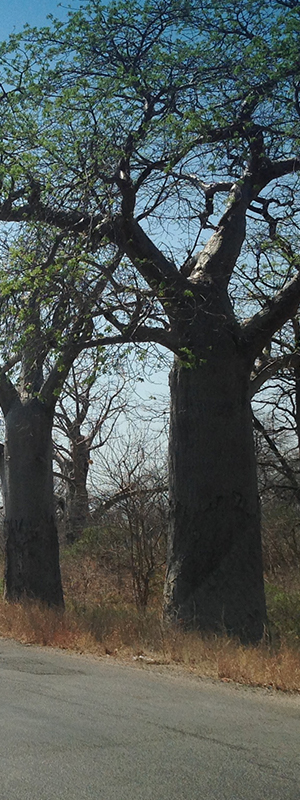Menu

As the Covid-19 virus started spreading like a raging wildfire in the Western hemisphere little did citizens of Zimbabwe anticipate it would intertwine with their everyday lives and disrupt their daily routines a distance of almost 8 000 miles (12 000 km) from New York City, which had soon become the epicenter of the virus.
Of course the virus did not originate in New York, it had reportedly started in a Chinese market in Wuhan, the odds of it becoming a global pandemic had seemed negligible initially.
As New York and the rest of major cities began to brace for an imminent shutdown in unprecedented effort to contain the virus, Zimbabwe began to slowly experience the global ripple effect of what was slowly unfolding.
Zimbabwe previously has experienced outbreaks of cholera to the extent it has only been confined to specific areas usually where drinking water has been contaminated commonly in some high density residential areas. This Covid-19 outbreak was nothing like the country had seen before and seemed like a global news event everyone was watching from a distance.
Unlike HIV or cholera which are usually associated with social misfortune, behaviour or class, Covid-19 by nature did not discriminate on who to infect. The world was learning fast that as an airborne virus - anyone breathing can potentially catch it. Masks became visible and prominent defense weapons on the frontline battle against the virus.
A well known journalist Mufaro Makamba, who happened to be the son of a renowned broadcaster James Makamba, had just left New York City to return to the Zimbabwean capital Harare where he became likely the first patient and the first known carrier of the virus.
Despite efforts to stabilize him, in an inadequately equipped medical facility and a time when medical professionals were trying to grapple with handling and treating this new virus, he ended up succumbing to the virus, becoming the first well known patient to die of Covid-19.
Zimbabweans abroad and especially those in New York, were receiving welfare-check texts and messages from beloved ones at home. “We hear about the virus, be careful out there”, an all too familiar text message on WhatsApp messenger platform.
By mid February 2020 some businesses in New York started scaling down or closing operations. Meanwhile Zimbabweans started to feel the impact of the virus. African Nations were getting concerned about flights from USA.
“But trouble is when it reaches the African content all hell breaks loose because we don’t have capabilities to handle a virus at such a scale” reads another text mid March by Tom from Bulawayo.
In no time, South Africa, a neighbor to Zimbabwe and a world destination with a busy international travel hub, had been hit by the virus. South Africa immediately imposed a travel ban after 32 people had died in the country by mid March.
At this time Zimbabwe had not acted yet. It wasn’t until March 28 when the government announced a 21-day lockdown period. People could not travel unless it was for essential errands like banking or food supplies.
Meanwhile the US government was beginning to get concerned about the welfare of its citizens who could not go into work. They came up with a massive plan to offer payments to those who had become unemployed as a result. Each family would also get a one time $1200 stimulus payment depending on how much they earned.
While the USA did not restrict people’s movement, they set guidelines for social distancing and mask wearing in public places. Conversely in Zimbabwe the police or military were controlling human movement with reports of citizens been brutalized for allegedly flouting the guidelines.
We have endless locked downs, we fear dying of hunger here, Karen from Bulawayo said at the time.
The national policed released a notice to the effect that only people with exemption letters would be allowed access to city centres. Scores were being arrested for offenses that included loitering, not wearing masks, opening of unlicensed shops and illicit drinking places commonly known as shebeens.
